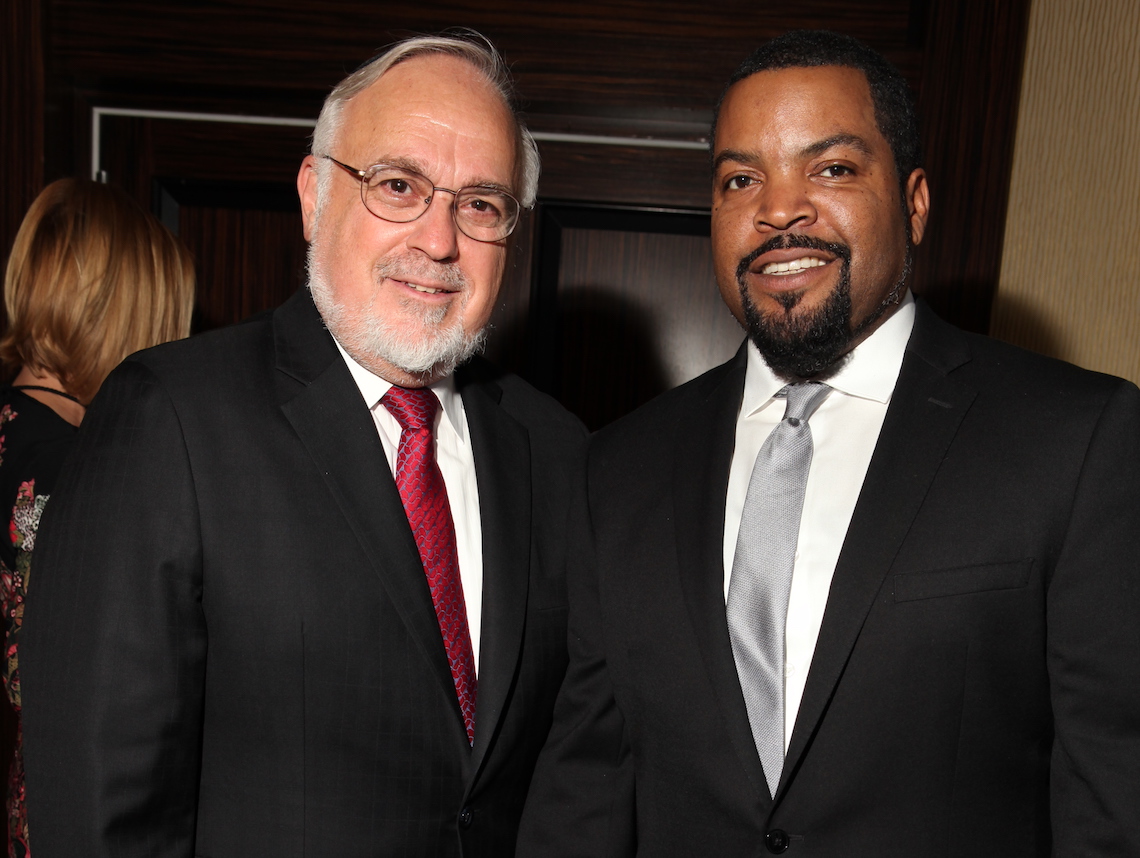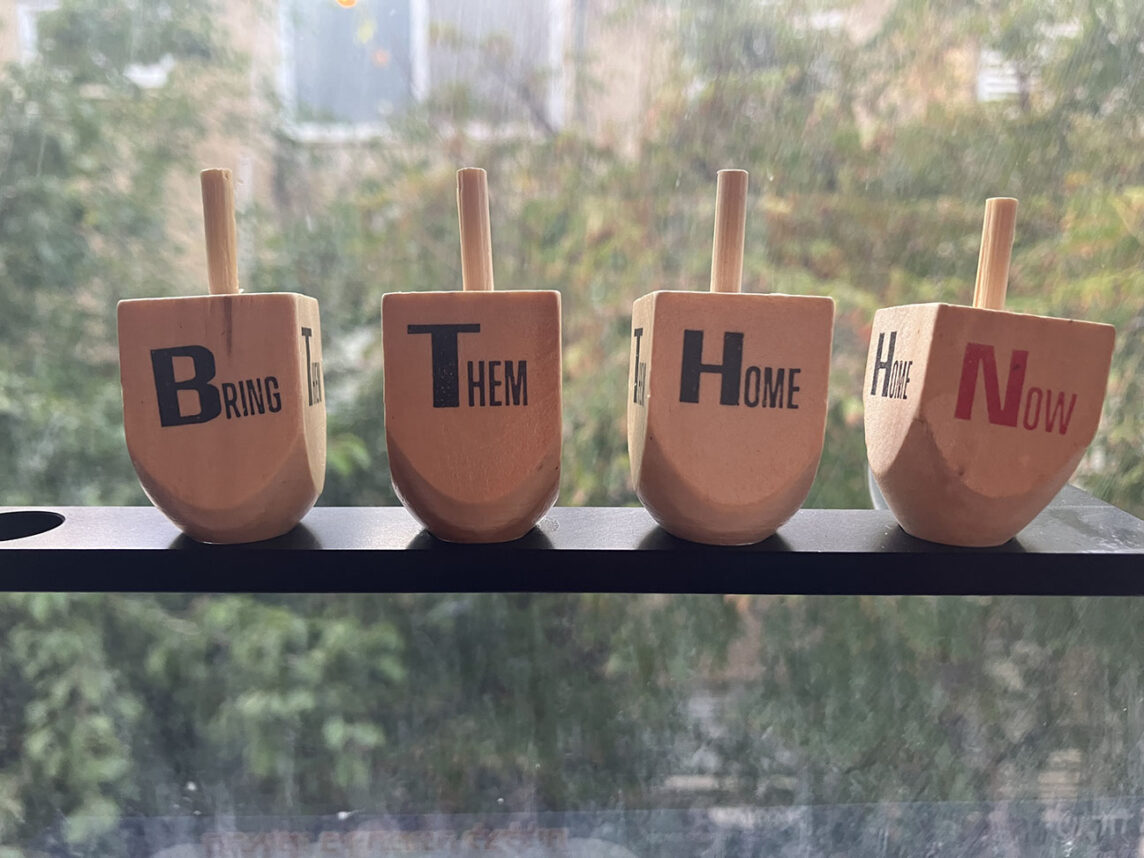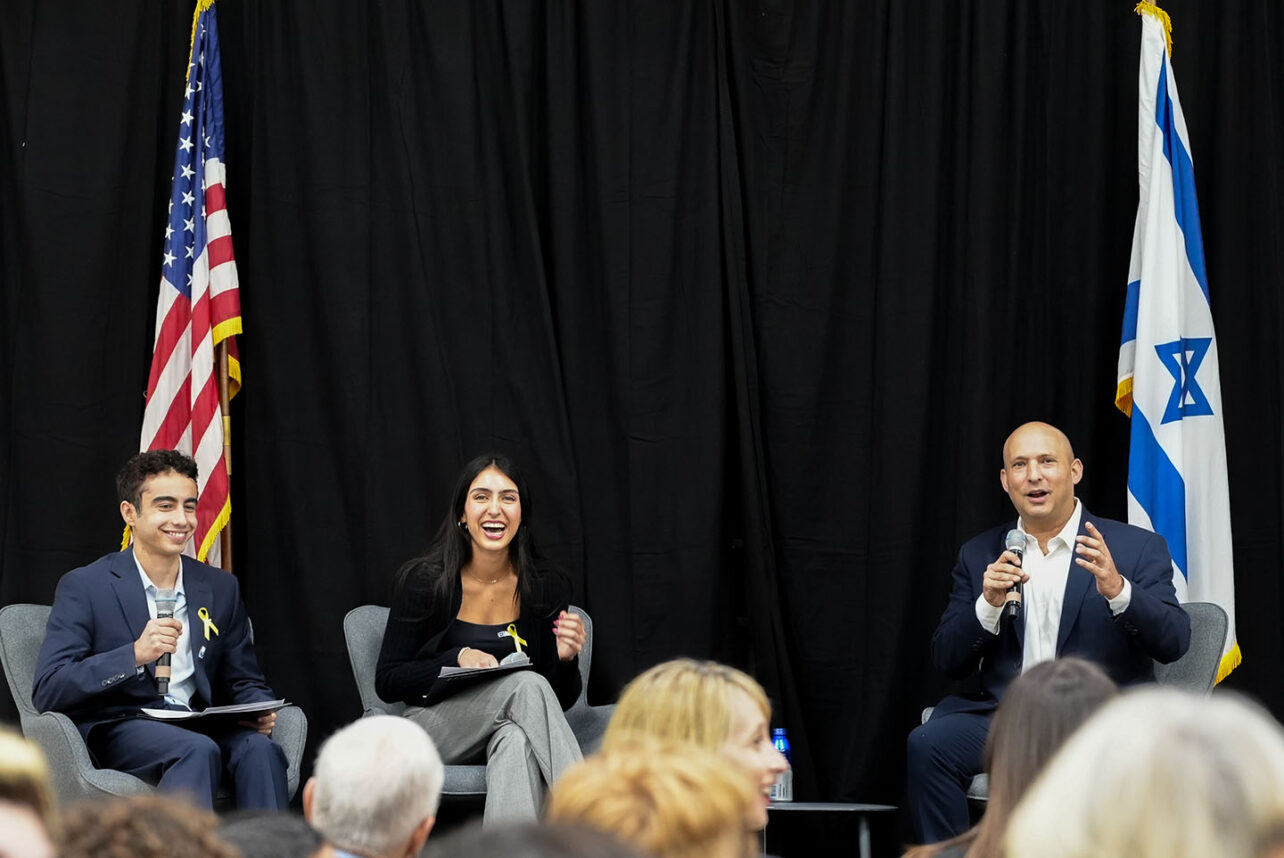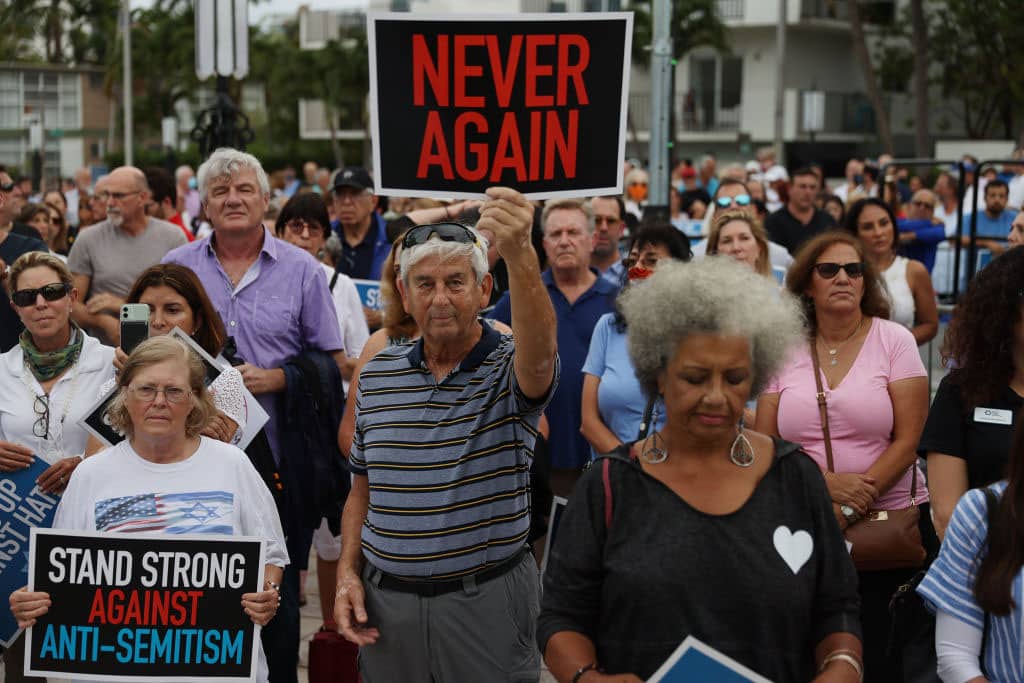
Ice Cube, the well-known rapper and actor, was about the last person anyone might have expected to emcee the recent Simon Wiesenthal Center/Museum of Tolerance 2017 National Tribute Dinner.
It wasn’t so long ago that Cube and the Center had a nasty feud over lyrics to a 1991 song that some interpreted as anti-Semitic.
Yet there he was at an event on April 5 at the Beverly Hilton to honor Ron Meyer, vice chairman of NBC Universal, who had requested that Cube — real name, O’Shea Jackson — lead the festivities.
“It was an opportunity to close a circle that was a long time in the making. “We did a schmooze before the event,” said Rabbi Abraham Cooper, associate dean of the Wiesenthal Center, who was embroiled in the controversy with Cube at the time.
The song at issue, “No Vaseline,” had called out Jerry Heller, the manager of the Cube’s rap group, N.W.A., before Ice Cube started a solo career.
Cube blamed Heller, who was Jewish, for problems that had befallen N.W.A.
“It’s a case of divide and conquer, ‘cause you let a Jew break up my crew.” Cube rapped on “No Vaseline,” which drew immediate condemnation from the Simon Wiesenthal Center.
Cooper responded, “We’re not asking Ice Cube to mask the reality of the streets. By all means flag the social problems, but don’t exploit them by turning a professional spat between a former manager and an artist into a racial dispute.”
“I respect Jewish people because they’re unified. I wish black people were as unified,” Cube shot back.
Cooper and Cube took their back-and-forth to television screens, appearing on the “Oprah Winfrey Show.”
“The last time [we saw each other] was spending an hour-plus on the set in Chicago with Oprah and back then in those days, the early Oprah days, we were more like guests in the middle of a lion’s den,” Cooper said in a phone interview this week. “It was a very raucous crowd.”
Cooper told the Journal he’d never been a fan of rap music – he said he was “from a generation before.” He described himself as more of a “Four Seasons guy.”
It was possible, he said, he had been too hard on Cube due to his lack of understanding of what informed his lyrics, adding that their “interaction [at that time] was right at the beginning of that stuff,” when people did not think rap music had any kind of cultural future.
“He was claiming at the time, and I think he probably was correct, that there was an authenticity to his anger,” Cooper said. “He was reporting from a different part of the planet.”























